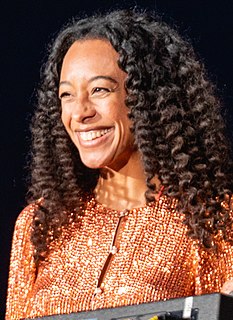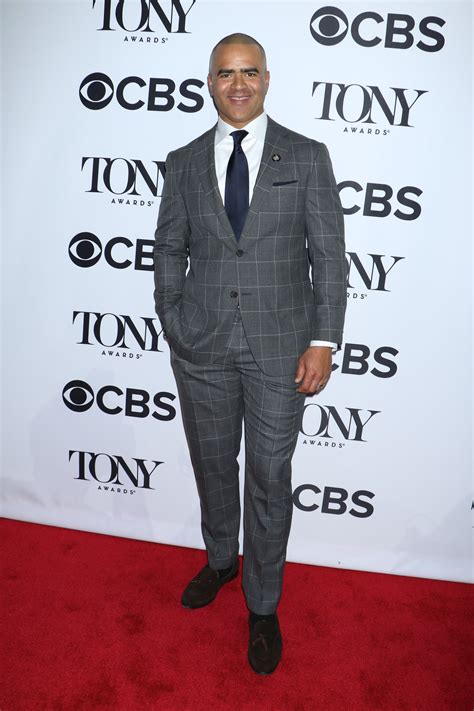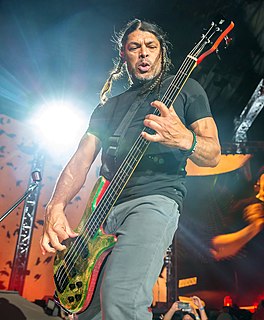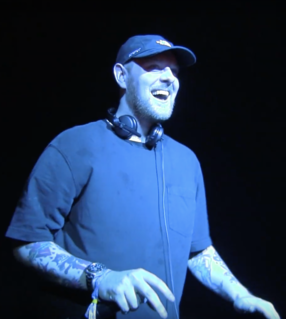A Quote by Corinne Bailey Rae
Punk and jazz are the opposite ends of the same spectrum because they are both looking for freedom and they give musicians the right to take music in their own directions.
Related Quotes
For me, let's keep jazz as folk music. Let's not make jazz classical music. Let's keep it as street music, as people's everyday-life music. Let's see jazz musicians continue to use the materials, the tools, the spirit of the actual time that they're living in, as what they build their lives as musicians around.
I visited New York in '63, intending to move there, but I noticed that what I valued about jazz was being discarded. I ran into `out-to-lunch' free jazz, and the notion that groove was old-fashioned. All around the United States, I could see jazz becoming linear, a horn-player's world. It made me realize that we were not jazz musicians; we were territory musicians in love with all forms of African-American music. All of the musicians I loved were territory musicians, deeply into blues and gospel as well as jazz.
The government will take from the 'haves' and give to the 'have nots.' Both have lost their freedom. Those who 'have', lost their freedom to give voluntarily of their own free will and in the way the desire. Those who 'have not,' lost their freedom because they did not earn what they received. They got 'something for nothing,' and they will neither appreciate the gift nor the giver of the gift.
It's funny how film is the slowest art form to adapt to freedom. It's had freedom all along. It could've done whatever it wanted to. You know the same freedom that do-it-yourself punk and post-punk musicians had in the late 70s and ever since. That's about the time I started getting interested in film, and I assumed that film would be moving along with the other pop culture forms. Its finally done it but it's taken decades for it to catch up just to basement band level.




































